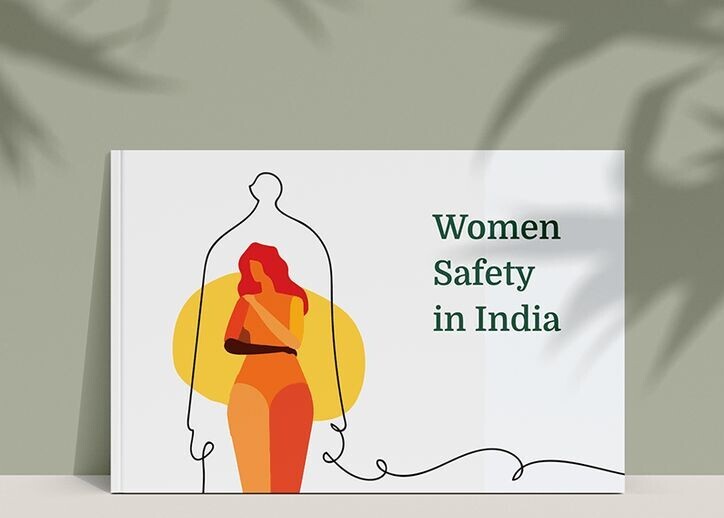
Picture Source: Pinterest
Empowering voices through consent-focused public service announcements (PSAs) plays a crucial role in tackling the complex challenges faced by South Asian women. These campaigns raise awareness about consent while confronting cultural barriers that often suppress individual autonomy.
The Cultural Context
In many South Asian communities, discussions about consent and personal boundaries are overshadowed by cultural norms emphasizing family honor and community perception. This silence contributes to a lack of accountability for gender-based violence, which affects a significant portion of South Asians. Initiatives like South Asian SOAR use culturally specific storytelling, such as consent-focused zines, to address these issues. They highlight how patriarchy and tradition often intersect to perpetuate harmful dynamics within families and communities. Learn more at South Asian SOAR
The Impact of PSAs
Consent PSAs tailored to South Asian audiences resonate because they incorporate cultural nuances, survivor testimonies, and language diversity. Groups like Sakhi for South Asian Women have created spaces for survivors to share their resilience, helping redefine narratives about gender-based violence. Survivors’ stories challenge community norms that silence discussions on autonomy and abuse. By focusing on empowerment, these campaigns inspire both survivors and allies to take meaningful action. Learn more from Religion News Service
RNS.
Transformative Approaches
- Education and Accessibility: Campaigns that integrate consent education in community spaces or schools create foundational shifts in understanding personal agency. Programs often include workshops and accessible materials to reach diverse South Asian subgroups.
- Community Leadership: Elevating voices from within the diaspora fosters relatability. Advocates such as Afrin and Aparna Asthana emphasize breaking the cycle of intergenerational silence by framing consent as a community value, not just an individual issueRNS.
- Media Representation: The inclusion of consent-positive characters and themes in South Asian media helps normalize conversations about boundaries and healthy relationships. Advocacy groups push for this change to expand awareness beyond PSAs.
Moving Forward
Consent campaigns are not just about messaging; they are about creating cultural shifts. By celebrating survivor resilience, fostering open dialogue, and integrating progressive values into South Asian communities, these PSAs pave the way for systemic change. For additional insights, explore the initiatives of Sakhi for South Asian Women and other survivor-focused organizations.
No Responses